A short walk every day promotes health and wellbeing later in life.
Register here for THRIVE with Self-Compassion, Fountain of Health’s latest free webinar for those 50 and older.
Getting older doesn’t have to mean experiencing a lower quality of life. In fact, believing that we can thrive while aging has been linked to living a longer, healthier life. It’s a compelling piece of science that Dr. Keri-Leigh Cassidy, a geriatric psychiatrist in Halifax, likes to share with her patients.
““Research has shown that people with a more positive outlook on aging outlived those with a more negative view of aging by seven and a half years. Developing a positive view about aging might be one of the most important things we can do for our health.””
Public awareness of what can be done to promote wellbeing as we age is low, says Dr. Cassidy. That’s why she founded the Fountain of Health Association, a non-profit initiative. It brings helpful research findings to the public in an easy-to-understand way, so they don’t get lost in the medical journals that publish them.
Fountain of Health provides free resources and education for individuals, organizations, and clinicians on its website. It’s all science-backed and based on Dr. Cassidy’s THRIVE © Approach to Wellbeing model, which is designed to help people of all ages nurture a positive outlook and take charge of their health and wellbeing.
Dr. Keri-Leigh Cassidy
“THRIVE is an integration of the science of wellbeing, brain neuroplasticity, positive psychology, preventative medicine and health behaviour change,” explains Dr. Cassidy. “We’ve shown that in over 1,500 people who’ve used this approach, over 80 percent of them find success in at least partially meeting their health goal in just four weeks, and they’re reporting improved wellbeing.”
Dr. Cassidy explains that neuroplasticity — the brain’s ability to rewire itself in response to experiences — is a phenomenon that occurs throughout life and has been linked to preventing or delaying dementia and easing the progression of related symptoms. For that reason, she insists it’s never too late for someone to form new habits or change the way they think about their own potential.
“Even a small change in the right area can make a big difference to health and wellbeing,” says Dr. Cassidy.
THRIVE is an acronym that stands for Thoughts, Health habits, Relationships, Interests, Valued goals, and Emotions. These words represent six actions older adults can take that have been shown to increase health, happiness, and longevity. They include:
learning how to reframe negative thoughts
prioritizing health through physical activity and nutrition
fostering positive relationships through social activity
engaging the brain with interesting activities
identifying values and goals
taking care of emotions and mental health.
A free web-based Wellness App available on the Fountain of Health website helps users learn how to put the THRIVE approach into action with a three-step process that results in a personalized wellness plan. Users are encouraged to discuss what they learn with their healthcare providers.
Anonymous feedback from a 75-year-old participant who followed the THRIVE approach for four weeks reported finding “the courage to try tennis again” after a 20-year break from the game.
“My body became so improved and strong,” said the participant. “I felt like a different person.”


